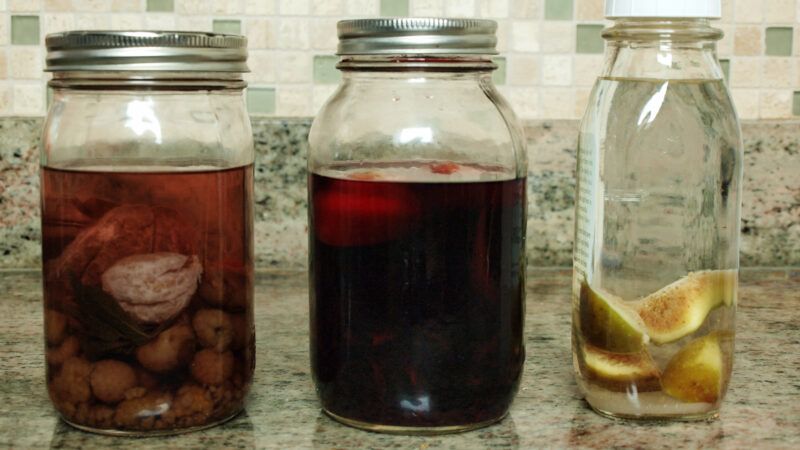
As state governments kick off their spring legislative seasons, a bill introduced in the Ohio Senate will attempt to legalize home alcohol distilling. Whether this leads to an uptick in at-home distillers in the Buckeye State is a trickier question, especially since home distilling is currently illegal at the federal level.
To the average person, it may come as a surprise that distilling liquor in your garage remains illegal in 2023, while homebrewing and winemaking have been legal for decades. Limits on the home production of alcohol trace back to Prohibition, and recent attempts to change the status quo at the federal level have failed to gain traction.
To understand the current prohibition on home distilling, it's helpful to look at the history of homebrewing in America over the past few decades. Until President Jimmy Carter legalized homebrewing at the federal level in 1978, craft beer was a niche activity. The craft beer boom roughly coincided with Carter's reform, as the number of breweries in America grew from under a hundred in 1978 to over 9,000 by 2021.